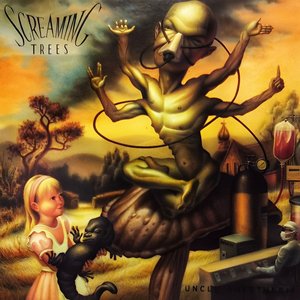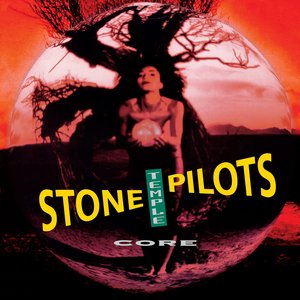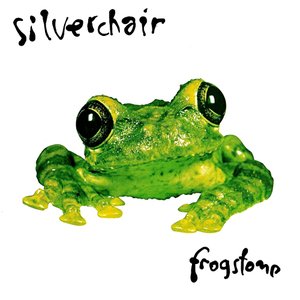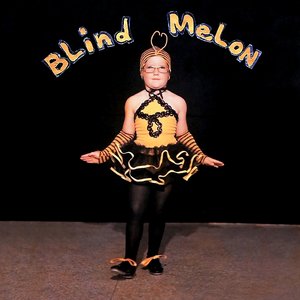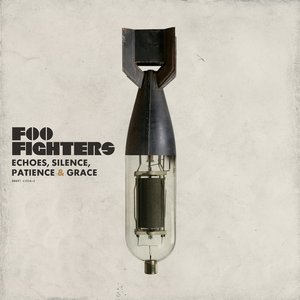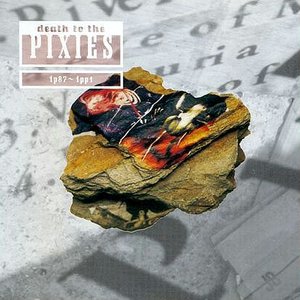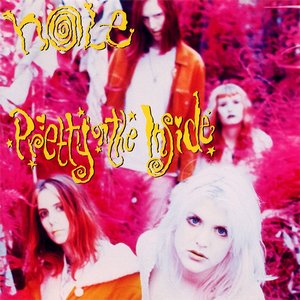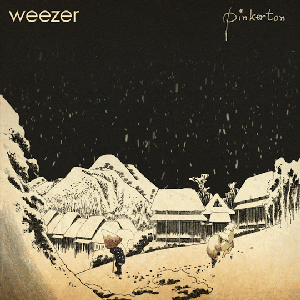Wiki
-
Release Date
1 June 1989
-
Length
13 tracks
Bleach is the debut album by the American grunge band Nirvana. It was released on June 15, 1989 through the independent record label Sub Pop. Bleach originally sold a mere 30,000 copies, but following the enormous success of the band's second album, Nevermind (1991), fans discovered Nirvana's obscure debut. It has since been certified platinum by the Recording Industry Association of America, making it one of only two albums released on Sub Pop to have received platinum certification.
The main sessions for Bleach took place at Reciprocal Recording Studios in Seattle, Washington, with local producer Jack Endino manning the board. Nirvana began recording with a five hour session on December 24, 1988. The band recorded again on December 29-31, and on January 14 and 24. Ultimately Endino billed the group for 30 hours of recording time. Three of the album's songs–"Floyd the Barber", "Paper Cuts", and the CD-only track "Downer"–were recorded during a previous session at Reciprocal Studios in 1988, featuring Dale Crover on drums. Despite attempts to re-record them with new drummer Chad Channing, the band ultimately decided to remix the versions recorded with Crover for the final version of Bleach. "Big Long Now" was omitted from the album because vocalist/guitarist Kurt Cobain felt "there was already enough slow heavy stuff on Bleach, and he "didn't want that song to go out", according to Endino. The album was edited and sequenced, but Sub Pop head Bruce Pavitt ordered that the album be completely resequenced. The record was further delayed for several months until Sub Pop was able to secure sufficient funds to issue it.
The recording sessions were completed with a cost of $606. Jason Everman, a guitarist who was impressed by the band's demo with Dale Crover, supplied the money. He briefly joined Nirvana as a second guitarist. Everman is credited (removed on deluxe reissue) as a guitarist on the album sleeve, and is the other guitarist on the cover of the album, even though he did not perform on the record. Bassist Krist Novoselic explained, "We just wanted to make him feel at home in the band."The information above is incorrect in regards to the release date of "Bleach".
The singles, "Love Buzz/Big Cheese" were released in 1988 on the Sub Pop Label; followed by the 1989 release of the album, "Bleach". According to the album sleeve it cost a whopping $606.17 to record, supplied by Jason Everman (who was fired after their first US tour).
After becoming disenchanted with Sub Pop they then signed with DGC/Geffen in 1990 and in 1991 they released "Nevermind" (After the album's release members of Nirvana expressed dissatisfaction with the polished sound the mixer had given the album). Everyone knows how things went after this point, so there's no point in my continued writing.
According to Cobain, the music on Bleach conformed with the grunge genre Sub Pop heavily endorsed. "There was this pressure from Sub Pop and the grunge scene to play 'rock music'," Cobain said. "Strip it down and make it sound like Aerosmith." Cobain felt he had to fit the expectations of the grunge sound in order to build a fanbase, and so he purposefully suppressed his arty and pop songwriting traits when crafting the record. Krist Novoselic noted in a 2001 interview with Rolling Stone that the band had played a tape in their van while on tour that had an album by The Smithereens on one side and an album by the black metal band Celtic Frost on the other, and noted that the combination probably played an influence as well.
Cobain told Spin in 1993 that with Bleach "I didn't give a flying fuck what the lyrics were about," and claimed that eighty percent of the lyrics were written the night before recording. Cobain often was still working on them on the drive to the recording studio. He explained, "It was like I'm pissed off. Don't know what about. Let's just scream negative lyrics, and as long as they're not sexist and don't get too embarrassing it'll be okay. I don't hold any of those lyrics dear to me." Nirvana biographer Michael Azerrad noted that nevertheless many of the songs on the album were reflective of Cobain and various incidents in his life. "Mr. Moustache" was inspired by Cobain's dislike of macho behavior, while "School" was a critique of the Seattle music scene, particularly Sub Pop.
Sub Pop pressed the first 1,000 copies on white vinyl, the next 2,000 on black, and all subsequent pressings were on red and blue. The first 3,000 copies of the record came with a poster, featuring Jason Everman. The vinyl pressings omitted "Big Cheese" or "Downer". In the United Kingdom, the record was released on Tupelo Records in June 1989. The first 300 Tupelo copies were pressed on white vinyl; the next 2,000 copies were on dark green. The rest of the Tupelo copies were on black vinyl. The Tupelo copies did contain "Love Buzz", but "Big Cheese" was listed on the label and sleeve instead. They also did not contain "Downer". In Australia, Bleach was released on Waterfront Records and later re-issued on various colored covers and colored vinyl prior to 1992. Sub Pop released a remastered version of the album on CD and cassette in April 1992.
For the 20th anniversary of the album, Sub Pop released a deluxe reissue of Bleach featuring a March 2009 remastering from the original tapes by George Marino and a live recording of a 1990 show at Portland, Oregon's Pine Street Theatre.
The album's working title was Too Many Humans. It was renamed Bleach after Cobain found an AIDS prevention poster while Nirvana was driving through San Francisco. The poster advised heroin addicts to bleach their needles before use, featuring the slogan "Bleach Your Works."
Album descriptions on Last.fm are editable by everyone. Feel free to contribute!
All user-contributed text on this page is available under the Creative Commons Attribution-ShareAlike License; additional terms may apply.

